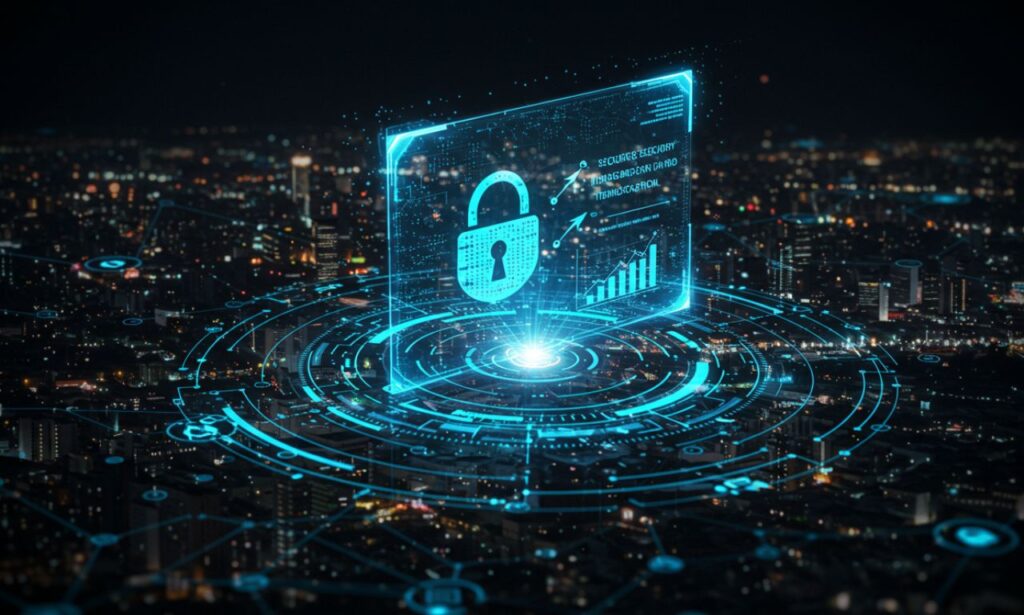The word transact has never carried more weight than it does in today’s economy. Whether you are paying for groceries online, sending funds across borders, or finalizing a business deal, the way you transact can make or break the experience. Modern commerce thrives on secure, fast, and transparent transactions, and businesses that adopt smart transaction strategies not only save time but also build stronger trust with customers.
In this digital-first environment, it is essential to understand how to transact wisely. From traditional methods to blockchain-driven solutions, every transaction tells a story of trust, technology, and transformation.
What Does It Mean to Transact?
To transact is to carry out an exchange between two or more parties. While it usually refers to financial dealings, it can also apply to the exchange of services, ideas, or even digital assets. The heart of any transaction lies in value — what one side gives and what the other side receives.
Historically, transactions were carried out face-to-face with cash or barter. Today, they span across digital platforms, mobile wallets, online banking, and even decentralized cryptocurrencies. The speed and safety of how we transact now influence global markets and daily lives alike.
Why Transact Securely Matters
When you transact online, security is not optional. Data breaches, fraud, and cyberattacks are common risks that can harm both individuals and organizations. Secure transactions protect sensitive information, maintain customer trust, and safeguard financial systems.
Strong encryption, two-factor authentication, and blockchain technologies are raising the bar for secure ways to transact. As cybercriminals grow smarter, so must the systems that power our transactions.
Different Ways to Transact Today
The world offers a variety of options to , each with its strengths and weaknesses:
-
Cash Transactions – Still popular in many countries for small purchases.
-
Bank Transfers – Reliable for larger sums, often used for bills or salaries.
-
Card Payments – Convenient, but sometimes carry high fees.
-
Mobile Wallets – Fast and widely used in e-commerce.
-
Cryptocurrency Transactions – Growing in popularity for borderless, decentralized exchanges.
The choice depends on the context. For example, a small café may prefer quick card swipes, while an international freelancer may opt for PayPal or blockchain-based transfers to across borders.
Transact with Mobile Wallets
Mobile wallets such as Apple Pay, Google Pay, and PayPal dominate modern ways to . They combine convenience and security, allowing users to pay with just a tap or a scan. Businesses integrating mobile wallet support often attract younger, tech-savvy customers who value speed and seamless experiences.
Moreover, these wallets often include loyalty programs, making them more than just payment tools — they become customer engagement platforms.
How Businesses Transact Globally
Globalization has expanded the need to internationally. Cross-border transactions involve dealing with exchange rates, international banking systems, and compliance with regulations. Businesses that globally must also handle complex taxation rules and currency fluctuations.
Solutions like SWIFT transfers, Payoneer, and blockchain-based platforms are simplifying global , ensuring companies can operate smoothly across regions.
Transact with Blockchain Technology
Blockchain is revolutionizing how people . Its decentralized nature eliminates middlemen, reduces costs, and increases transparency. Each transaction is securely recorded on a digital ledger that is nearly impossible to tamper with.
This makes blockchain ideal for industries like supply chain managem ent, real estate, and international trade, where trust and verification are critical.
The Psychology Behind How We Transact
Interestingly, the way we also reveals much about human behavior. Studies show that people spend more freely with digital compared to cash. This psychological aspect influences everything from marketing strategies to e-commerce design.
For businesses, understanding customer psychology is vital. Offering multiple ways to transact can reduce friction and increase conversions.
Challenges in the Way We Transact
Despite advancements, challenges remain:
-
High Transaction Fees – Especially in cross-border deals.
-
Fraud and Cybersecurity Threats – Still a major issue for online payments.
-
Digital Divide – Not everyone has equal access to digital tools to.
-
Complex Regulations – Businesses must comply with different laws in every country.
These hurdles can slow growth if not managed effectively.
Best Practices to Transact Safely
To ensure smooth and safe transactions, here are some best practices:
-
Always use secure payment gateways.
-
Enable two-factor authentication.
-
Keep software and systems updated.
-
Avoid public Wi-Fi when you transact online.
-
Monitor bank and wallet statements regularly.
By following these steps, individuals and businesses can reduce risks and with confidence.
Future of How We Transact
The future promises faster, smarter, and more inclusive ways to . Artificial Intelligence (AI) will play a role in detecting fraud, blockchain will enhance trust, and central bank digital currencies (CBDCs) may reshape the entire financial system.
Contactless and biometric methods — like fingerprint or facial recognition — will further streamline how we , making it almost invisible yet deeply secure.
Frequently Asked Questions
What does it mean to transact?
It means carrying out an exchange of value, usually financial, between two or more parties.
Is it safe to transact online?
Yes, if you use secure platforms with encryption, authentication, and fraud protection.
What is the fastest way to transact money internationally?
Digital wallets and blockchain-based platforms often provide the fastest cross-border .
Why do businesses prefer digital ways to transact?
They save time, reduce costs, and offer customers convenience and flexibility.
How does blockchain improve the way we transact?
It offers transparency, security, and decentralization, which reduces fraud and eliminates middlemen.
Can you transact without the internet?
Yes, through cash, checks, or offline card transactions, though digital methods are more common today.
Conclusion
To transact is no longer just about exchanging money; it is about trust, technology, and transformation. Whether through a mobile wallet, bank, or blockchain, the way we defines modern commerce. Businesses that embrace innovation will not only better but also thrive in an increasingly digital economy.
As we move toward a future of smarter, faster, and safer , one thing is clear: how we choose to will shape the very foundation of global trade and personal finance.







